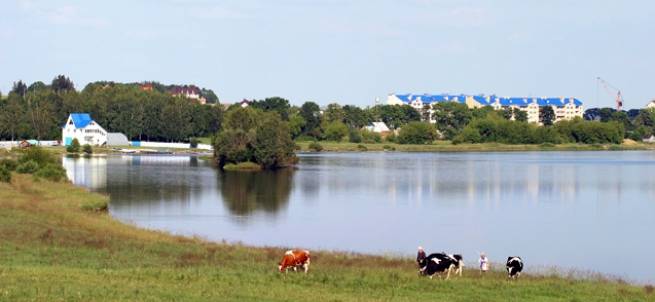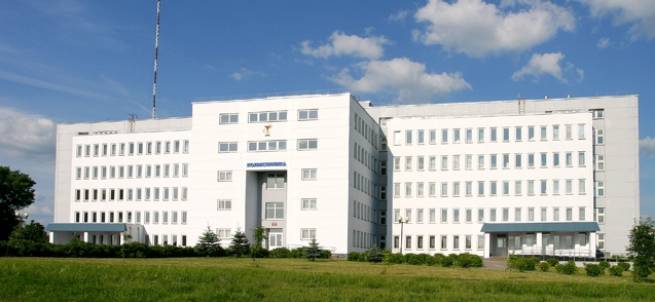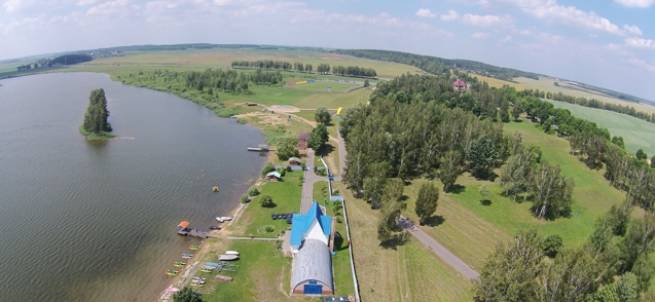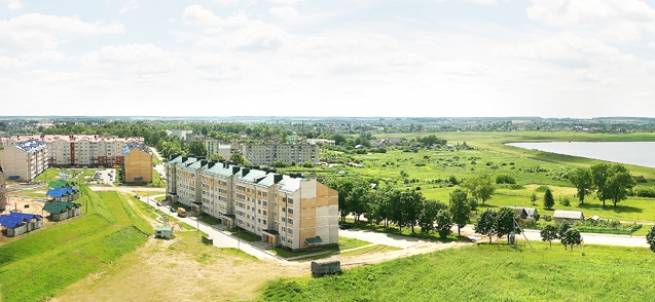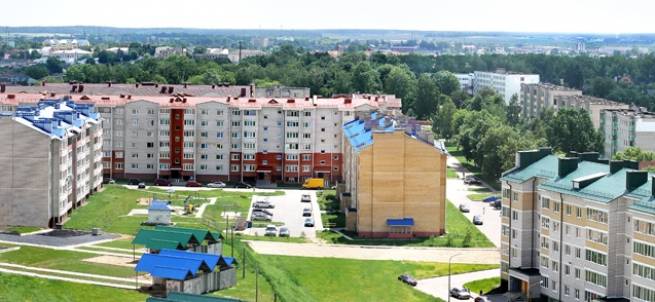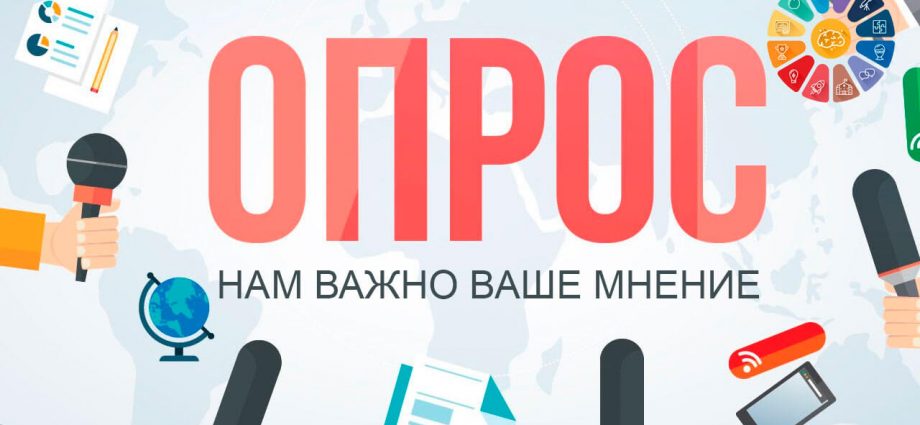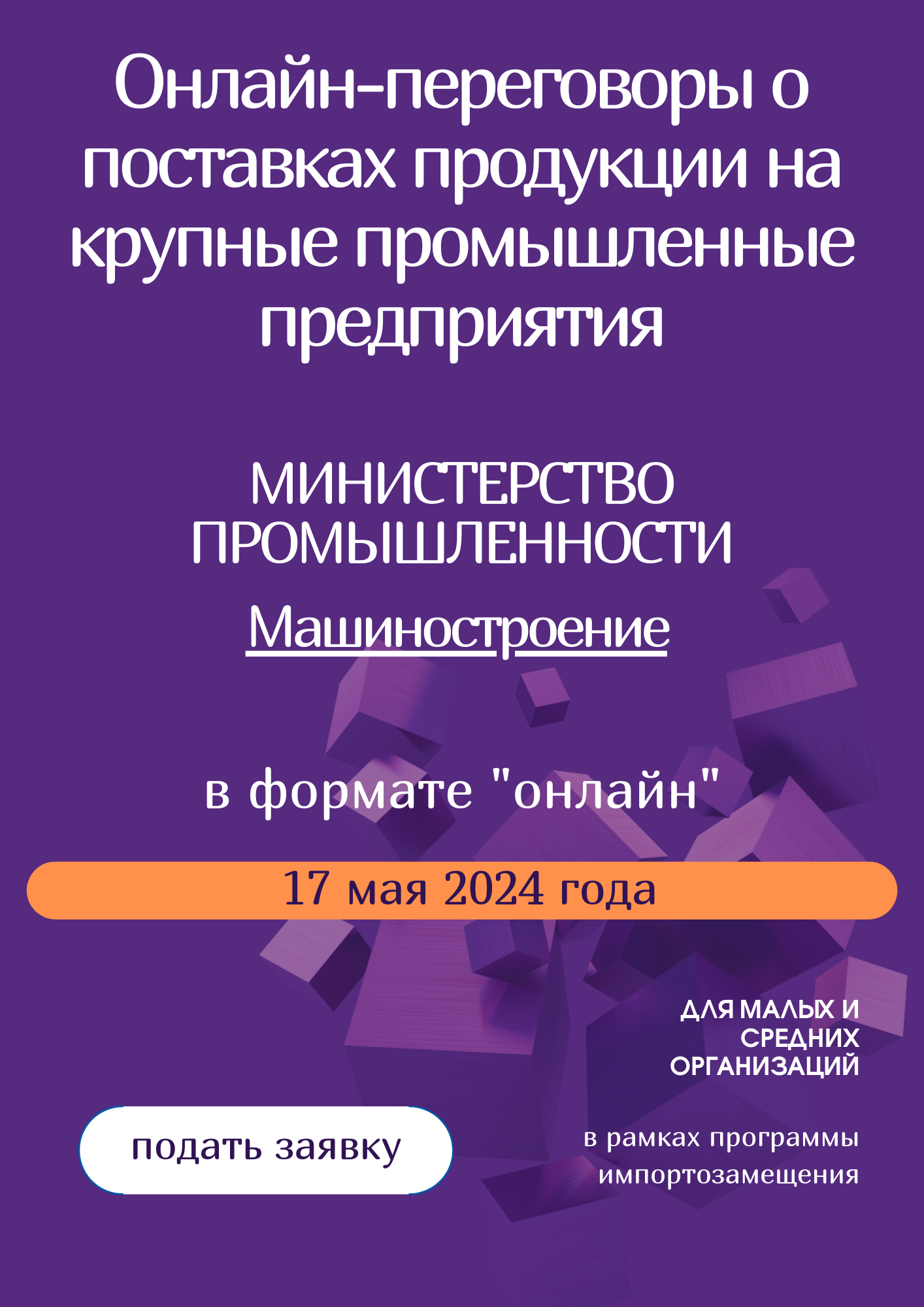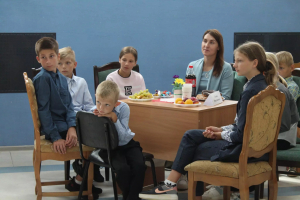ADDRESS:
222201, Minsk region,
Smolevichi, st. Sovetskaya, 125 (working hours)
Reception phone: +375 (1776) 4-42-91 "hot line"
Fax: +375 (1776) 2-76-33
Telephone "hot line" of the district executive committee: +375 (1776) 4-42-91 "hot line"
The "hot line" of the Municipal Unitary Enterprise "Smolevichskoe Housing and Public Utilities" is open from 8.00 to 13.00 and 14.00 to 17.00 Monday-Friday by phone +375 (1776) 2-73-68
Single number of reference service "one window" - 142
E-MAIL: isp@smolevichi.gov.by (for business correspondence), the section "Electronic Appeals" for appeals from citizens and legal entities.
user1
Приглашаем принять участие в анкетировании!
Белорусским институтом стратегических исследований проводится анонимное анкетирование предпринимателей по актуальным вопросам осуществления предпринимательской деятельности.
Полученные результаты позволят определить возможные эффекты от планируемой в Республике Беларусь трансформации системы малого и среднего предпринимательства, выработать предложения для ее совершенствования.
Анкету «Особенности осуществления предпринимательской деятельности в Республике Беларусь» можно заполнить по ссылке https://opros.bisr.by/index.php/357611?lang=ru.
Нам важно Ваше мнение!
Цель акции - привлечение внимания общественности к проблемам насилия в отношении пожилых граждан, совместно проживающих с лицами, ведущими асоциальный образ жизни, разъяснения гражданам о необходимости содействия государственным органам в решении задач по минимизации последствий правонарушений, совершаемых на этой почве.
Задачи акции:
- информировать пожилых граждан о возможностях государственных органов и общественных объединений в решении проблем насилия, разъяснить положения Закона Республики Беларусь от 4 января 2014 года «Об основах деятельности по профилактике правонарушений» (вред. Закона №151-3 от 06.01.2022);
- принять меры профилактического воздействия к лицам, совершающим насилие в отношении совместно проживающих пожилых людей.
Планом проведения межведомственной профилактической акции предусмотрены совместные рейдовые мероприятия с представителями территориальных райгорисполкомов, ОВД, органов здравоохранения, иных общественных объединений, проведение заседаний общественных пунктов охраны правопорядка с приглашением лиц, ведущих асоциальный образ жизни, проведение многочисленных профилактических мероприятий на базах территориальных центров социального обслуживания населения области и др.
ООПП Смолевичского РОВД
Об остановке вещания
Филиал "Междугородная связь" информирует Вас о проведении планово-профилактических работ на АРТПС Гребёнка 27.09.2023г. с 09.15 до 16.15.
В связи с этим на территории Минского, Червенского, Березинского, Смолевичского, Пуховичского районов Минской области, Осиповичского района Могилёвской области будет отсутствовать прием от АРТПС Гребёнка эфирного телевидения и радиовещания в дневное время 27.09.2023г. с 09.15 до 16.15.
Об остановке вещания
Филиал "Междугородная связь" информирует Вас о проведении планово-профилактических работ на АРТПС Дричин 27.09.2023г. с 09.15 до 16.15.
В связи с этим на территории Минского, Пуховичского, Узденского, Червенского, Смолевичского, Дзержинского, Стародорожского, Слуцкого районов Минской области, Осиповичского района Могилёвской области будет отсутствовать прием от АРТПС Дричин эфирного телевидения и радиовещания в дневное время 27.09.2023г. с 09.15 до 16.15.
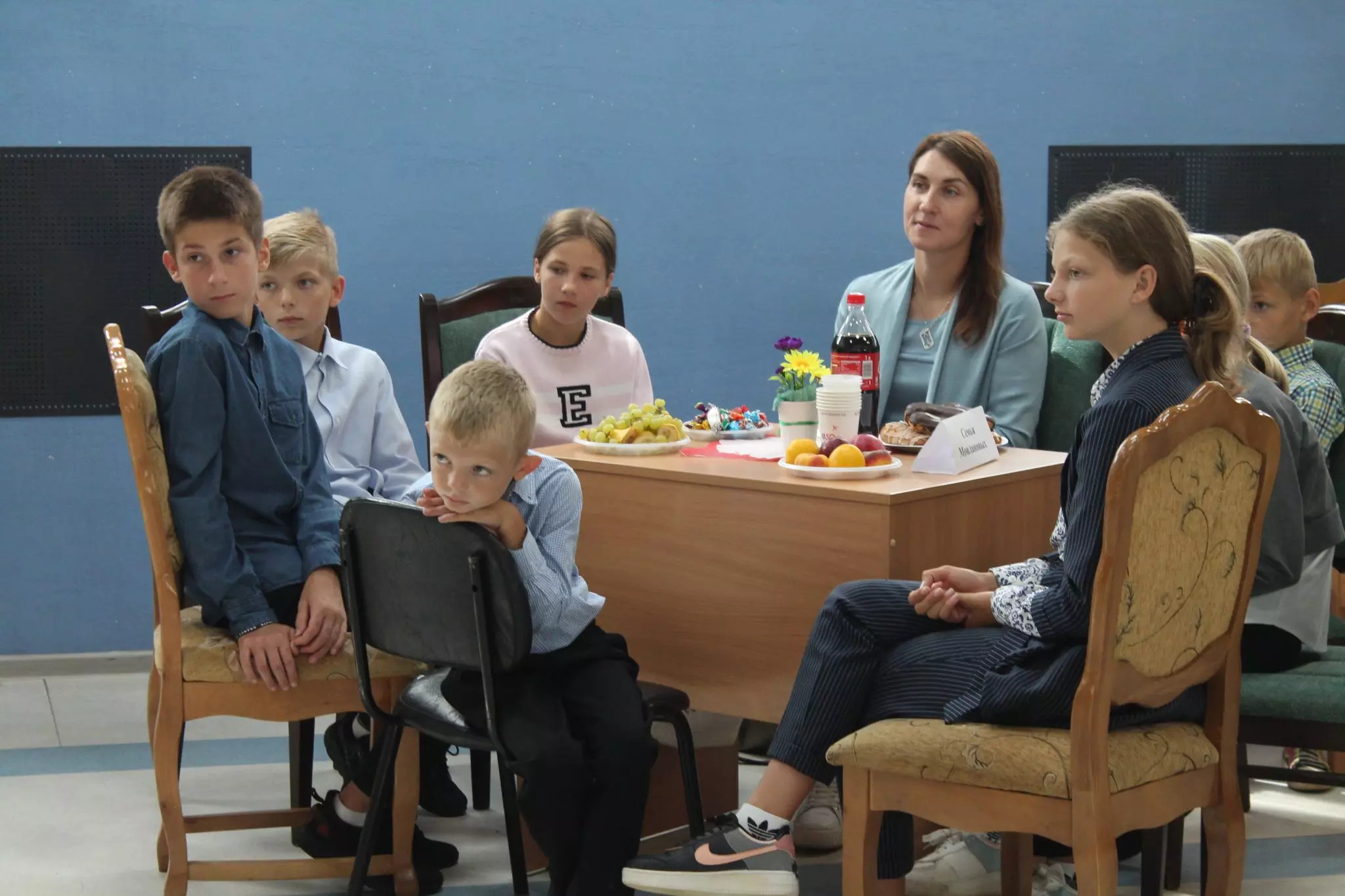
СЛОБОДА, Пекалинский сельсовет. Инна МОВЛАНОВА живет в агрогородке Слобода. Вместе с мужем они воспитывают семерых приемных детей и четверо своих.
Их дети, которые пойдут в этом году в школу, получили подарки от районного совета ветеранов во время праздничного мероприятия «Соберем портфель вместе». На него были приглашены приемные семьи и дети, которые воспитываются в детских домах семейного типа нашего района.
В этом году в зале городского Дома культуры собрались девять таких семей. Для них работники культуры подготовили развлекательную программу с шутками и конкурсами. Дети вместе со взрослыми пели песни, танцевали, разгадывали загадки, рассказывали о том, что обычно складывают в свой рюкзак. А в подарок от ветеранов получили канцелярские принадлежности. И именно те, которые им были необходимы.
Как рассказала председатель совета ветеранов Анна Ивановна Чечеткина, до этого они обзвонили все семьи и уточнили, что конкретно нужно каждому школьнику. В зависимости от потребностей ребята получили рюкзаки, пеналы, маркеры, дневники, пластилин, альбомы и краски для рисования, ручки и карандаши.
В адрес ветеранов звучали слова благодарности от родителей. Инна Мовланова также не осталась в стороне: «Мы переехали из Гомеля. Ваш гостеприимный город подарил нам еще 5-х деток. Мы были рады их к себе принять, так наша семья пополнилась. Благодарим вас за то, что подарили нам радость, ведь очень важно, когда на лицах детей сияют улыбки. С районным советом ветеранов мы делаем одно дело – даем возможность детям быть еще нежнее и добрее, становиться понимающими и учиться уважать старших».
SITE DEVELOPMENT - UE «MINSKAYA VOLNA» | INFORMATION SUPPORT UE Information agency «MINSKAYA PRAVDA»








